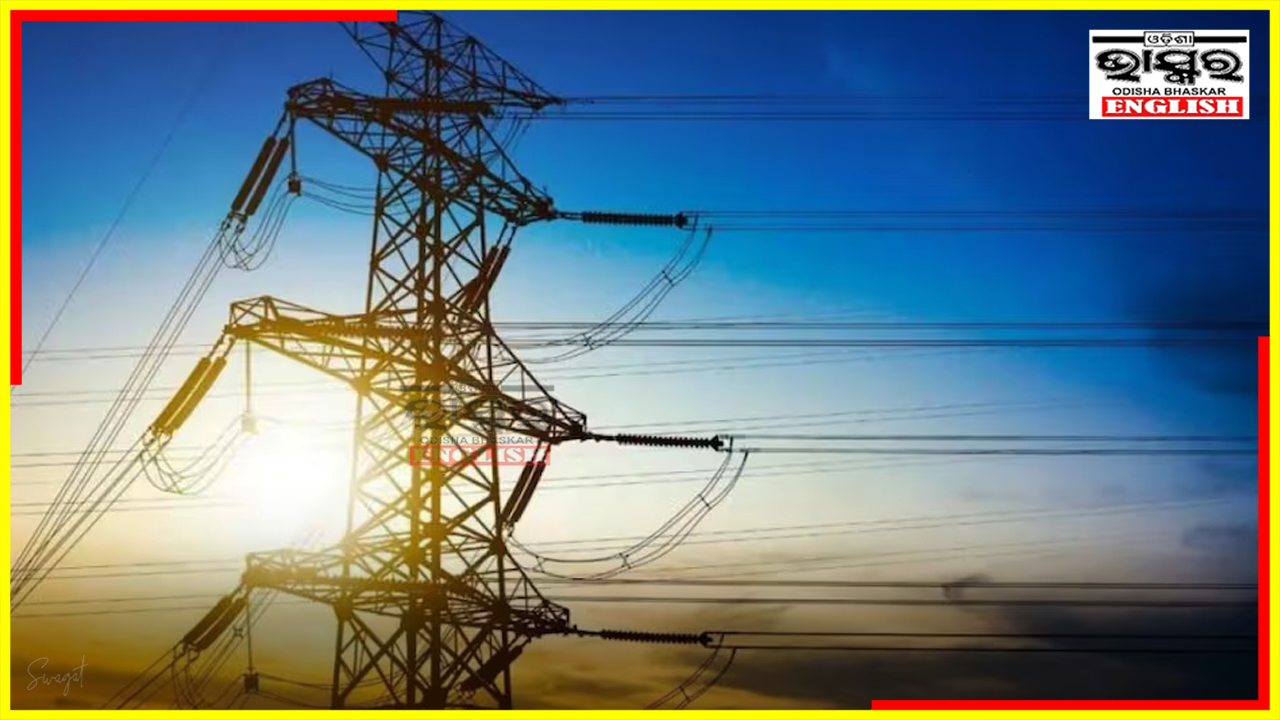New Delhi: The Government of India has implemented two changes to the power tariff system, offering consumers the opportunity to save up to 20% on their electricity bills. The changes involve the introduction of a ‘time of the day’ (ToD) tariff and the rationalization of smart metering provisions. Under the ToD tariff system, consumers can benefit from a 10-20% reduction in tariff during solar hours, while peak hours will incur a 10-20% higher tariff.
ToD tariff will be applicable to commercial and industrial consumers with a maximum demand of 10 KW and above from April 1, 2024, and for all other consumers, excluding agricultural consumers, from April 1, 2025. The implementation of the ToD tariff will be effective immediately after the installation of smart meters for consumers who have them.
Union Power and New and Renewable Energy Minister, RK Singh, believes that the ToD tariff system is advantageous for both consumers and the power system. By managing their electricity usage according to the tariff rates, consumers can reduce their bills. The lower tariff during solar hours reflects the cheaper cost of solar power, while the higher tariff during non-solar hours accounts for the use of more expensive thermal, hydropower, and gas-based capacity.
Furthermore, the ToD mechanism will promote better grid integration of renewable energy sources and facilitate India’s transition to cleaner energy. It will improve the management of fluctuations in renewable generation, incentivize demand during high renewable energy generation hours, and enhance grid integration.
Most State Electricity Regulatory Commissions (SERCs) in India have already implemented ToD tariffs for large commercial and industrial consumers. With the installation of smart meters, ToD metering will be extended to domestic consumers as well, aligning with the Tariff Policy mandate.
Additionally, the government has simplified the rules for smart metering to ensure consumer convenience. Penalties for exceeding the maximum sanctioned load/demand have been reduced. Smart meters will be read remotely at least once a day, and consumers will receive the data to make informed decisions about their electricity consumption.
The amendment to the Electricity (Rights of Consumers) Rules, 2020 aims to provide reliable and quality electricity services to consumers. It emphasizes the timely provision of new electricity connections, refunds, and other services. Service providers will face penalties for disregarding consumer rights, while consumers will receive compensation.
These changes reflect the government’s commitment to empowering power consumers, ensuring affordable and reliable electricity supply 24/7, and creating an investment-friendly power sector in India.




Comments are closed.